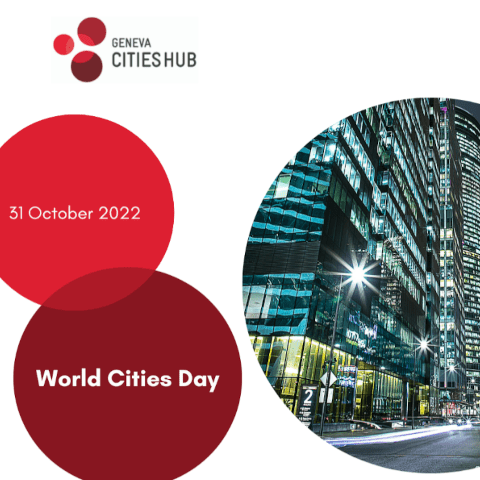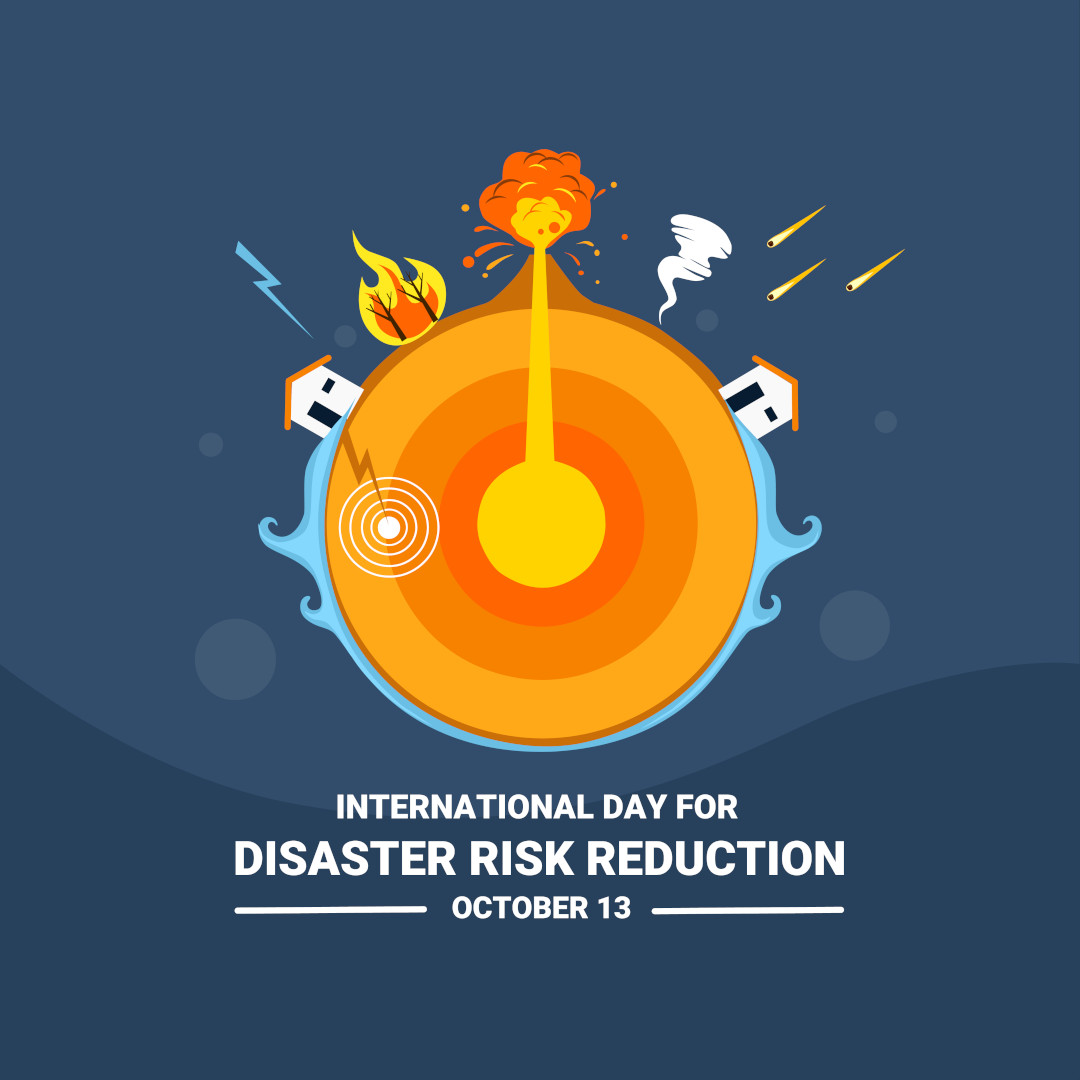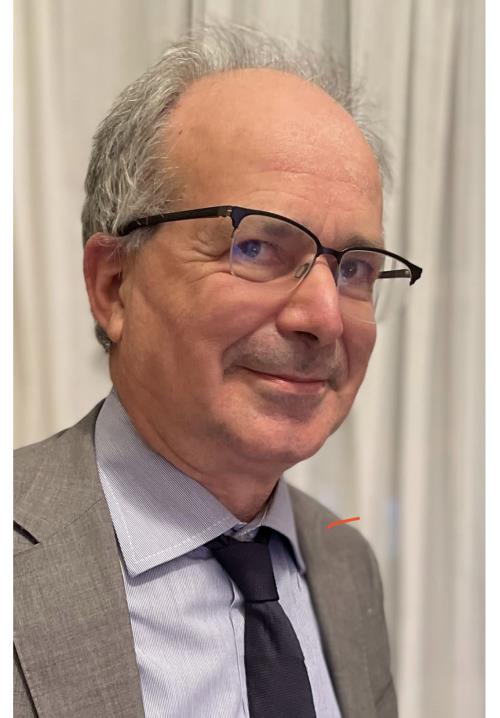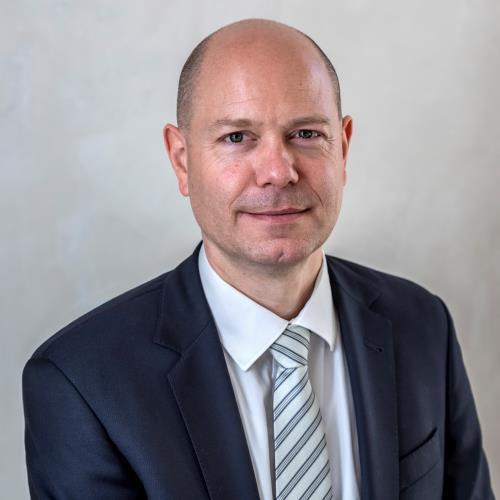05 December 2022 | by András Szörényi
We hear a lot about the challenges and consequences of climate change. We know that cities and urban settlements suffer enormously from it. However, there is less talk in town about the possible solutions. Digital transformation of cities is definitely a potential part of the solution. Cities can use digitalization to improve adaptative actions in response to the looming climate and water challenges while achieving the Sustainable Development Goals. Concrete examples from the ground clearly show precedents of what steps – small or big – could be taken to strengthen climate change resilience which would guarantee a better quality of life for the future.
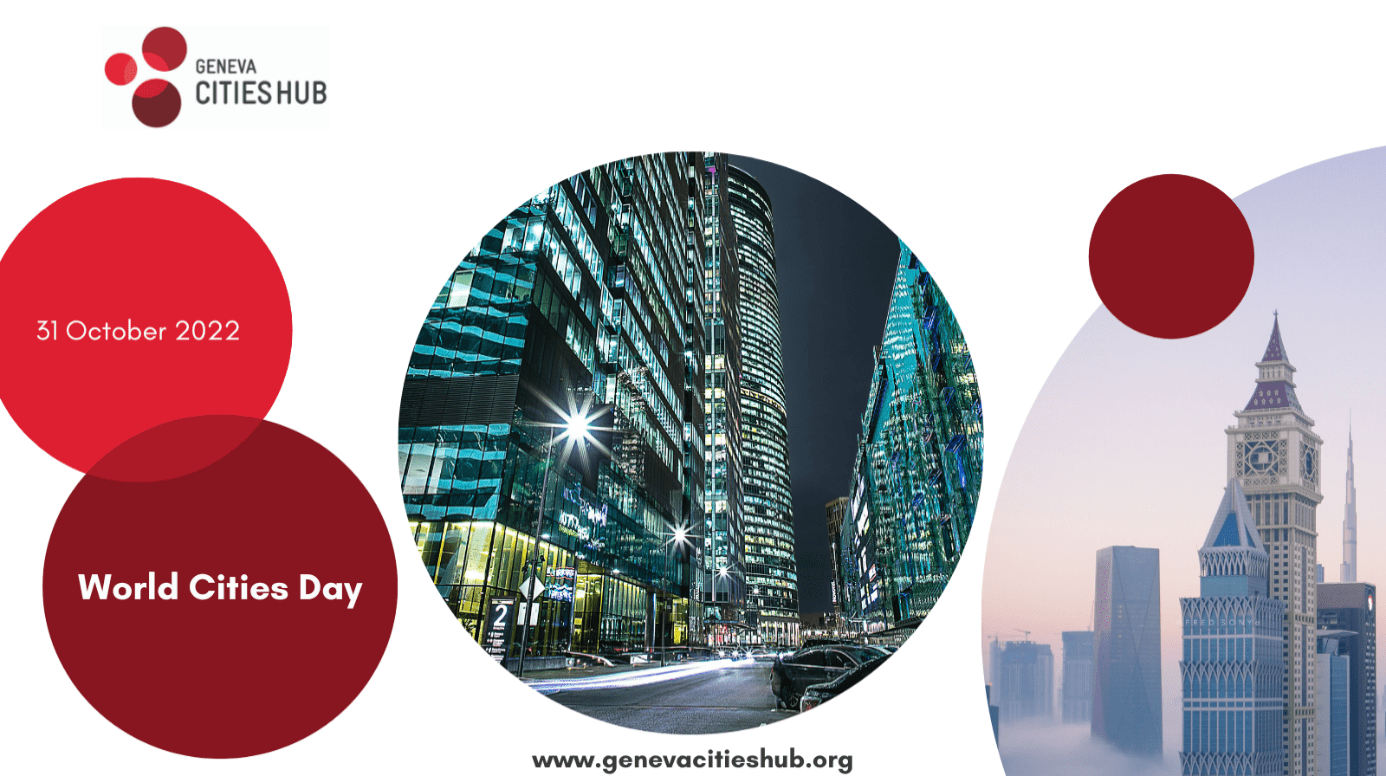
To celebrate the World Cities Day 2022 and as part of the WSIS&SDG TalkX series, ITU, UN-Habitat and Geneva Cities Hub organized a webinar dedicated to supporting cities in improving their adaptation actions to the emerging climate and water challenges in urban settlements through the use of digital transformation. Climate change is a global phenomenon with local effects especially when it comes to extreme weather conditions with heat waves and droughts on one hand and hurricanes and excessive rainfalls on the other. Urban areas are especially vulnerable to the growing risks of climate change.
I had the honor of moderating an excellent multi-stakeholder panel during this special occasion. Speakers represented all relevant stakeholders: cities, city-networks, international organizations, the expert community, and the business sector. They elaborated on the different aspects of the issue and offered solutions that might be replicated or even scaled-up in new locations. They discussed how to best implement digital transformation in cities for effective climate adaptation, including effective water management systems, and shared some specific cases demonstrating how digital technologies are helping cities to become more climate resilient and implementing ambitious water management targets.
Mayor Garcetti of Los Angeles, Deputy Mayor Kannan of Geneva, and Deputy Mayor Gulbinas of Vilnius presented the efforts and achievements of their cities in building a sustainable and equitable future. Digitalization is a policy issue that needs to include social change management. Mayors also shared concrete projects to strengthen climate change adaptation including renewable energy, smart grids, innovative ways of using existing infrastructure, air quality mitigation, solar intensity data sharing, and sustainable urban mobility. Daniela Torres, representing ICLEI Europe, pointed out that our work on digital transformation today lays the foundations for the smart solutions of tomorrow towards a net-zero carbon future. Smart solutions need to take into account the connection among the digital, physical and financial aspects.
International organizations play a key role in assisting cities on the way towards a sustainable and climate resilient future. Bilel Jamoussi and Cristina Bueti of ITU and Graham Alabaster of UN-Habitat offered a broad picture of the ongoing work at the international level. For example, the IoT is enabling cities to collect data for better monitoring of the climate and responding to hazardous situations. AI and quantum computing can help develop the best strategy to cope with these challenges. Digital technologies can be useful tools to provide detailed information to policy makers and effective solutions to mitigate climate change and water-related challenges.
Pavlina Pavlova, from the CyberPeace Institute, reflected on the nexus between the security and human rights aspects of digitalization. When advancing urban digital transformation, cyber security and physical security need to go hand in hand. It is too often considered as a cost instead of being looked at as an investment to a resilient future.
Richard Bowden, head of digitalization at ARUP, shared examples of concrete development project with the audience. The creation of a sponge city, for instance, is one of the concrete solutions to help cities cope with increasingly heavy rainfall and other impacts of climate change. Along the same lines, digital twins are powerful assets that cities can use to carry out high-precision simulations on climate adaptation and water scarcity.
The WSIS&SDG TalkX was a great platform to share experiences and inspirational stories about ICTs for development by stakeholders from all over the world. At Geneva Cities Hub we believe that local action is crucial to successfully achieve the New Urban Agenda, the 2015 Paris Agreement, and the Sustainable Development Goals. SDG11 calls to create sustainable cities and communities, including climate, water, energy, and other environmental and socio-economic urban development aims.
I was impressed by the participants’ awareness-raising on the significance of digital transformation in enhancing climate and water adaptation actions and urban resilience. Each highlighted different aspects of this complex issue; their contributions advanced the global discussion, injected new inputs to the work of the Geneva-based international organizations and strengthened the message that urban digital transformation needs to follow a people-centered approach with aim to increase the quality of life of the citizens while ensuring inclusiveness. I am very much looking forward to bringing this discussion forward at the Mayors’ High-level Dialogue of the WSIS Forum 2023, scheduled to be held on 13 March 2023 at the International Conference Centre Geneva (CICG) in Geneva. The theme of the Forum is “WSIS Action Lines for building back better and accelerating the achievement of the SDGs”.
Mr. András Szörényi
Senior Policy Advisor, Geneva Cities Hub
Mr. András Szörényi is senior policy advisor at Geneva Cities Hub where he works on issues like smart cities, digital transformation, urban health and climate change. Before that he worked in different diplomatic capacities in Brussels, covering EU affairs, Washington D.C. dealing with bilateral relations and in Geneva, working with the United Nations and other International Organizations. With a deep knowledge of international relations, he always focuses on new global developments and emerging challenges. He has a broad understanding of the engagement of non-state actors on multi-stakeholder platforms. He has been particularly interested in the increasing influence of non-state actors on the development of international relations since his Ph.D. research. Dr. Szörényi holds a DEA in Comparative Political Sciences from Sciences Po Paris and a Ph.D. in International Economics from Corvinus University, Budapest.
